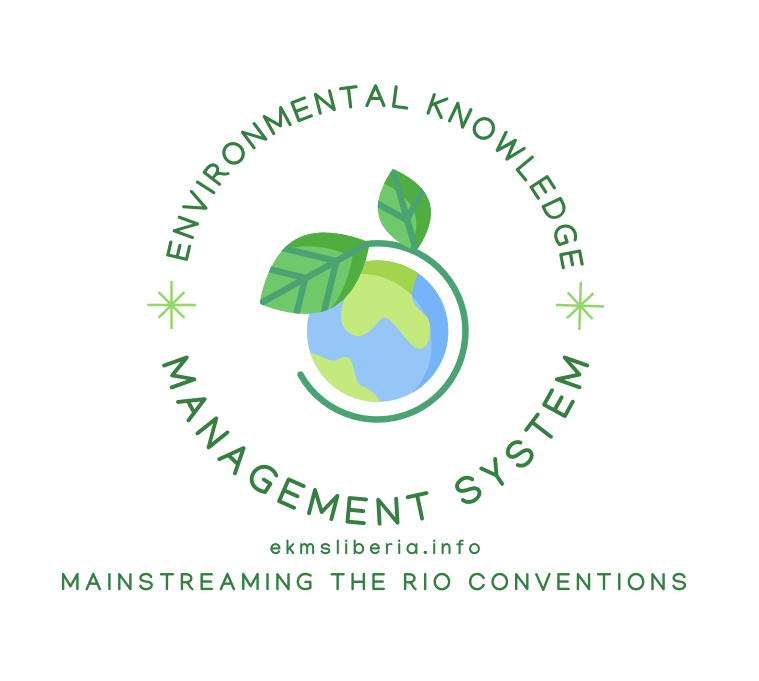Liberia is endowed with abundant rainfall and easily accessible groundwater in most areas. Its fresh water, like everywhere else globally, is a natural resource vital for human survival, socio-economic development and maintenance of the environment. The resource is finite and vulnerable and there are already worrying cases of pollution and degradation of national water resources afflicted by both natural and human factors.
The water resource potential of the country is enormous but lacks adequate and proper management. This situation has been exacerbated by the effects of the civil war just ended.
There is, therefore, a compelling need for a well coordinated and integrated approach for the development and management of the nation’s water resources (Integrated Water Resources Management). Moreover, a framework is required through which priorities can be established and the protection and optimal use of the water resources planned and implemented.
Along with the poor access to adequate sanitation and the contamination of water bodies by domestic waste, the Government is concerned that most of its population does not have access to clean and safe drinking water. The major challenge is to ensure that this social service is delivered to everyone.
The country’s reconstruction program and the need for environmental management demand that attention be paid to the problems of water resources management. These resources can be harnessed to make a significant contribution to the national economy thereby making the benefits accessible to the citizenry of Liberia.
The urgency for an integrated approach to water resources management with full coordination between the water related sectors cannot be over-stated. Unlike in the past, Liberia now has its first comprehensive National Integrated Water Resources Management Policy.
This policy will guide development efforts aimed at achieving the maximum net benefit from these resources in a sustainable manner for the livelihood of present and future generations. It also addresses current water management issues and adopts the objectives and strategies envisaged in the Millennium Development Goals. In addition, the policy and strategies have been set against the Government’s overall goals for social and economic development, as well as the democratic, decentralization approach to development.
The sustainable development and national utilization of the water resources are our collective responsibility; it requires commitment, political will and shared vision.


